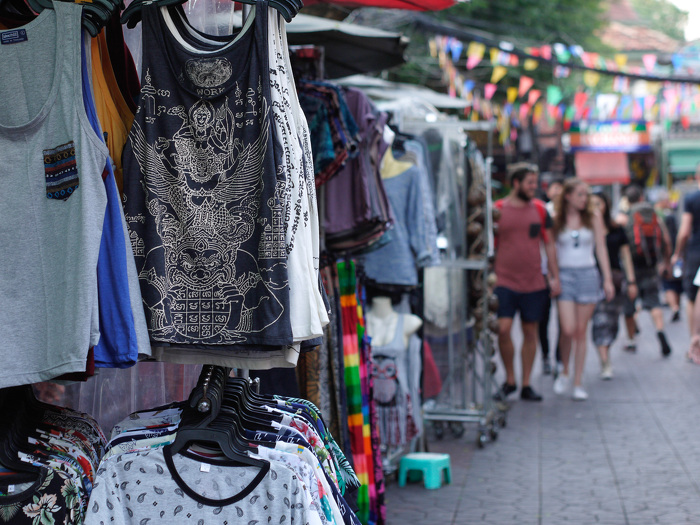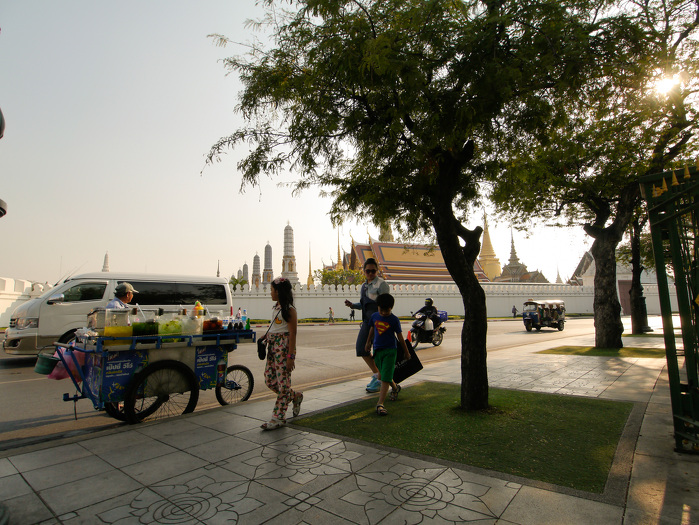Regional Program to Train Trainers in Tourism in the Greater Mekong Subregion
Details
|
Project |
TBD
|
|
Related Projects |
Search |
|
Type |
TA |
|
Sector |
Industry and Trade |
|
Country |
Regional |
|
Start |
1995 |
|
End |
1996 |
|
Status |
Closed |
|
Last Edited |
05 Jul 2021 |
Project Description
The objective of the RETA is to foster the development of tourism in the subregion by upgrading the teaching skills of trainers in the basic disciplines of the tourism industry in the subregion, which in turn will improve in-country training capabilities, will increase in the number of trainers and will encourage a common approach to tourism training within the subregion. This can be expected to lead to an improved tourism product and increase opportunities for employment in the tourism industry.
The RETA will support a training program in Thailand and Singapore for selected trainers from Cambodia, Lao PDR, Myanmar, Thailand, Viet Nam, and Yunnan Province in the PRC. The program will focus on the organization, facilities, curricula, and techniques used in training for the management and provision of tourism services and will be designed to equip participants with the knowledge and skills to enable them to identify the needs for training tourism trainers in the countries of origin to design training courses to address these needs, to ultilize available tourism trainers and spread the benefits of the RETA more widely.
Progress
(as of March 2021)
Project closed
News and Multimedia

Tourists shop for items at the sprawling street market in Bangkok's Banglamphu district. Centered around Khao San Road, this neighborhood attracts the largest number of foreign tourists in the capital.
Source: ADB Flickr

Locals enjoy the greenery and open space afforded by the Sanam Luang, a public square just opposite Bangkok's Grand Palace. The Thai Fine Arts Department has listed Sanam Luang as a historical site in 1977.
Source: ADB Flickr

An ehtnic minority woman demonstrates traditional weaving at a cultural expo in Bangkok. Thailand's ethnic makeup is heavily obscured due to the hefty pressure of Thaification, Thai nationalism, and social pressure.
Source: ADB Flickr

Tourists and local passengers are waiting for an approaching BTS skytrain.
Source: ADB Flickr

Khaokoh Talaypu Resort, an example of eco-tourism. It is is located in the Khao Kho district, Phetchabun, Thailand.
Source: ADB Flickr

Mrs.Sukamol Jitsamorn, owner of Amazone Organic Farm in Phetchabun, Thailand, presents her finished products.
Source: ADB Flickr

Ho Chi Minh Square is the park in front of the city hall with the statue of Ho Chi Minh as tourists destination.
Source: ADB Flickr
- Foster the development of tourism in the GMS by upgrading the teaching skills of trainers in the basic disclipines of the tourism industry in the subregion, which improved in-country training capabilities, increased in the number of trainers, and encourage a common approach in tourism training.
- Improved tourism products and increased opportunities for employment in the tourism industry.







